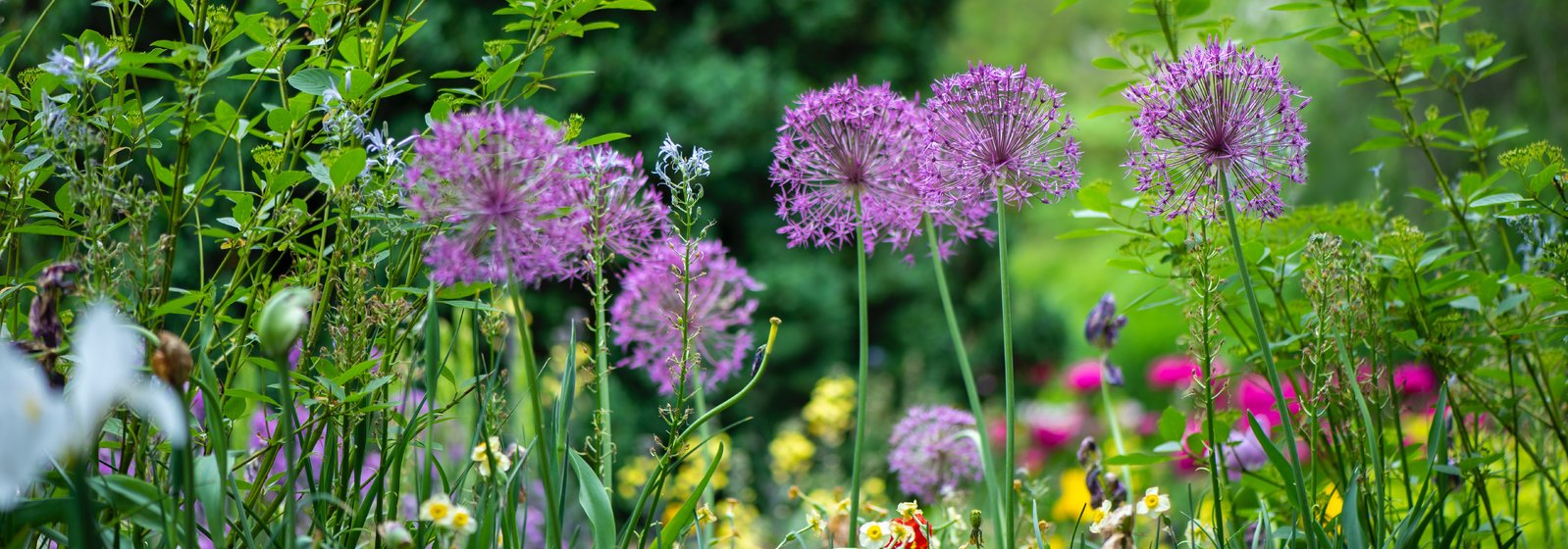Are you looking to give your backyard and balcony gardens a winter makeover? Have you considered growing some winter-interest plants? As the days grow shorter and temperatures drop, most gardeners would assume it is time to suspend their gardening activities until further notice. However, with a few innovative ideas, you can quickly create a stunning winter garden that will last throughout the cold months. In this post, we will discover some of the best winter plants for balconies/gardens, how to pick the right ones for you and tips on caring for them after planting.
Whether you have a tiny or massive garden to work with, there is a winter-interest plant out there that’s perfect for your needs. Here are the top five that might be just what you are looking for:
Winter Jasmine

If you are looking for a winter-interest plant for your balcony, look no further than winter jasmines. This vining plant produces tiny yellow flowers in the winter, giving your garden or balcony a touch of colour in an otherwise unsightly landscape.
Hellebores

Hellebores are more suited for backyard gardens because they are larger and require more space to grow. These evergreen perennials come in shades of white, pink and green, and produce beautiful blooms throughout the cold months. They are also low maintenance, which makes them a perfect choice for the only time of the year when gardening isn’t fun.
Kales

If you don’t mind some gardening work in the winter, why not grow some vegetables? Kale is a perfect crop to grow for food during winter because it can withstand cold temperatures. You can harvest its green leaves multiple times (for months), which makes your hard work in the cold worthwhile.
Winterberries

Winterberry is another example of a plant that does well in a winter garden. It is well known for its bright-red berries that appear in the cold season. These berries are often used as holiday decorations, too.
Snowdrops

Snowdrops are beautiful resilient plants that produce drooping white flowers in late winter. Once you see the small delicate bulbs start to bloom, it’s almost spring - and that’s why they are a favourite for many gardeners.
How to choose the best winter-interest plants for your garden
With so many options, choosing the best winter-interest plants can sometimes be a little challenging. Luckily, following these few tips can help make the task slightly easier:
- Consider the climate - Although all these options can thrive in the winter, it is important to choose plants that are hardy for the climate in your area.
- Decide between evergreen and deciduous plants - It is also important to decide whether you want to plant evergreen plants (keep their foliage all year round) or deciduous options (lose leaves in the autumn).
- Consider the available space - Different plants have varying growth habits. When choosing a plant for your backyard garden, you have a wide range of options. However, if you are working with a tight space, such as your balcony garden, you might have to consider smaller plants.
- Consider care requirements - Some plants require more care than others. With that in mind, it is important to choose plants that suit your budget and the amount of time/effort you can spend on them.
Tips for winter-interest plant care
Caring for your winter-interest plants is essential to ensure they remain healthy throughout the cold months. Here are a few tips to ensure a successful winter garden:
- Watering – Although the temperatures are low, wind and sun can dry out the soil. So, ensure you water your plants regularly.
- Fertilising – Apply fertiliser regularly, depending on the plant’s requirements, to encourage growth and keep plants healthy.
- Pest and disease control – Ensure you continually inspect plants to treat pests and diseases before they cause significant damage.
- Frost protection – If temperatures are forecast to drop below zero, consider implementing frost-protection measures to reduce the risk of damage.
- Pruning – Removing dead and disease-infested branches prevents the spread of diseases and encourages growth. However, avoid pruning your winter-interest shrubs during freezing temperatures because that will increase the chances of damage.
Explore captivating winter-interest plants and more at our garden centre today to bring vibrant beauty to your winter garden. Visit us and discover an array of options to elevate your garden or balcony this season!

